Introduction
Welcome to issue 3 of the Seaford Review, summer edition. We hope that you are staying well — wherever you are — and enjoying some moments of sunshine. The photo above is from one of our group trips to Seaford; the sky was perfectly blue, we got incredibly muddy walking along a river, and we ended the day with ice-cream and discussions of poetry, boys, and psychoanalysis (as ever).
In this issue we have our first Seaford poem, ‘Directions’ by Bidhya Limbu and it’s such a beautiful and fun dedication to the place that sparked our desire to make this magazine. We have thirteen poets in this issue—a bumper crop for us!—simply because we could not narrow down the selection any further. Each of these poets and their work spoke to us so vividly. Some of these poems seem to speak to our very souls (Jack and the sea; Chris and Gelert; Luís and brat Prince) yet we all vibed so hard with them. The three of us send these poems to you with love and solidarity. Please keep sending us poems, even if you haven’t been successful yet. Happy reading and writing friends.
—Chris, Luís, Jack.
Please note: the formatting of certain poems doesn’t display correctly in the Substack app: you might be better off viewing the issue in a browser window (preferably, a desktop browser).
Table of Contents
Jacob Burgess Rollo
Action Stations
Contact Sports
Aisling Towl
None of my friends want to talk about heaven
Luke Worthy
Iconoclasm
a blushing sky, a busted riverbank
Peter Scalpello
Oh, Emptiness
Yanita Georgieva
Purple
Elizabeth Gibson
fuchsia/anaesthesia
Emily A. Taylor
Grocery shopping with a woman from Hinge
I quite liked
Patrick Paridee Samuel
brat Prince
Alison Tanik
The prophecy and the lawn mower
Thomas Stewart
Llywelyn destroys Deganwy Castle
Llywelyn the Tyrant meets Cythraul
Rebecca McCutcheon
SOS
Phoebe Gilmore
Bruise like the face of Jesus
Bidhya Limbu
Directions
Jacob Burgess Rollo
Jacob Burgess Rollo is a poet from Dorset. His work features or is forthcoming in The London Magazine, fourteen poems, The Little Review, Outcrop Poetry, The Madrigal, and elsewhere. He was commended in TPW’s Poetry Prize 2025. He is currently a master’s student studying Creative Writing at the University of Cambridge.
Action Stations
To hurt, as in: the act of letting pain occur, for someone else. To invite, as in: to offload the choice of who might actually attend your drinks event. To swim, as in: the act of swimming you. For, to know that you process the cold far better than me has also been to learn that I will likely leave the river with you floating in it still. To watch you splash about. To swim you, with my mind. Yes, I’m often squinting, oddly. And you’re finally getting out. There is literally nothing wrong with your hair at all.
Contact Sports
At scout camp, I have the misfortune of sleeping bag-to-bag beside a short boy that everyone has taken a dislike to. I find myself beside him in the lunch queue, and even the urinal. The tin trough, gurgling. The splashback on our aqua- shoes. The two seats of a kayak fill with me and him as kids twist across a lake like well-fed ducks at play with their capsizing. With one safety knife between the two of us, we’re made to cut a dead trout down its side-seams and pull out all the fish guts. The boy, with his good arm, chops the head off. This seems to make him happy; this seems to make him want to place a finger in the trout’s mouth and goad it into puppetry. Two months prior, a bike crash had him sitting in an ambulance, prodding the bone that saluted from his forearm. The nerve-ends: twinging in return. The lone things our bodies are held up by. Each tendon. Every rope-swing. The three teeth, missing from his gumline. He says to sign his cast, with an X – or something like my surname. Not sure why I’m being formal, but it counts. Just moments from his skin.
Aisling Towl
Aisling Towl is a writer from South London. Her poems are published by DUST magazine, shortlisted for the Bridport Prize and nominated for the Pushcart Prize. She has featured at venues including Richmix, Handel Hendrix House and Brainchild Festival, and for organisations including Merky Books, Freedom from Torture and Sofar Sounds. Her plays have been staged at VAULT festival, King’s Head Theatre, Omnibus Theatre's Engine Room, Concord Theatricals OOB festival, Cambridge Guildhall’s Old Courtrooms and Belgrade Coventry’s Jag Studio, and are published by Bloomsbury in the UK and Samuel French in the US. She studied history at Goldsmiths and is currently Peter Shaffer Playwright in Residence at Trinity College, Cambridge.
None of my friends want to talk about heaven
after Kaveh Akbar
You’re in his DMs I’m in the vestry holding hands for serenity prayer. Kissing at local strays, inviting them to follow me into public bathrooms. Not in a sexy way in a lonely way. Detachment loses its glamour when you’re washed up-shore alone. I spend hours each week saying my name into the phone, listening for your likeness. You call to ask if I want to join your group chat of former women. Share experience. You’re planning some kind of uprising online. I tell you we’re none of us public figures and I don’t want to waste anyone’s time. Time, shoot through the hands of my unmaking. I’ve got my own way of doing things but I do wonder who gets left behind. These men who have haunted my twenties; stubborn spectres pushing love away then complaining of loneliness like it made them unique. I won’t believe we’re the same. Neither now nor never. That unlike you I saw it coming and I never would have stayed. Nothing can grow here. But I don’t know how to stop the flood; our fates sewn into the swollen riverbank, soaked through. You might not believe me but I pray for us on days it’s not too painful.
Luke Worthy
Luke Worthy (he/him) is a queer poet and fiction writer living between Sheffield and Amsterdam. His work has appeared in Poetry Wales, fourteen poems, The Poetry Society and anthologised in various books including Broken Sleep’s Masculinity: an anthology of modern voices. He was runner-up in the International New Poet’s Prize 2023. In 2025, he was highly commended in the Fool For Poetry Chapbook Competition and third place in the Young Poet Network's eco-poetry challenge. He is a member of Hive Poetry Collective and Managing Editor at Plant-Human Quarterly.
Iconoclasm
I complain so much today. The sky gives me backache. I moan about the weather, the sheet-like flatness of the land like some biblical backwater on a mural. In the Great Church of Breda, a mosaic of expressionless saints gatekeep a tomb. I get up close to the gashed stone by the knave, conjure the smithereened mask of Mary and her faceless boy – a chipped, flaky thing. The audio guide says the vandals waited all night in the cloisters, were religiously committed to sabotage, a blunt pickaxe concealed in their cloaks. The damage reminds me of the Y9 era I spent gouging my mug from artefacts - laying down photos on the fireplace, untagging myself, cropping a chunk of me away. I craved the abyss of my face and the things that brought it. I cannot bear what I’ve let speak for me. There’s still always a sword pressing my cheek, a hollow I’m about to unfold.
a blushing sky, a busted riverbank
and his calves are lighthouses from a strip of Portuguese coast, and his hands glaze up my sides like flitches of sticky meat que fofo, he whispers and his feet turn, curl like tide Lukewards my legs are lines hooked to the port of his back his chest drapes above like a fresco cast in wet plaster my heart: a gushing gravy boat and my doubts are snakebites on his wrists that unravel in breath, to his hardness – a slipstream, a wand of sugar glass and when he holds my neck like a swan, I shatter
Peter Scalpello
Peter Scalpello is a poet and psychotherapist from Glasgow, based in London. Their work has appeared in Five Dials, Granta, The London Magazine and the New York Times, among other publications. Peter’s debut, Limbic, was Highly Commended for the Forward Prize for Best First Collection, shortlisted for the Books Are My Bag Readers Award for Poetry, and adapted into a stage production at the University of Edinburgh. Their second book, Mirrorstage, will be published with Cipher Press in 2026.
Oh, Emptiness
All speech is failed music — Jameson Fitzpatrick
I pace around outside the entrance
of a building site, smoking, as he exits
his body on a strategically overstrained NHS
ward, from the same act’s lingering, cell-
altering effects. I admit the bleak irony
in reprising a stage of loss determined by
what you choose, also,
to keep doing. The fantasy of choosing
what’s done inside you
by your own hand, mortal,
dimming, like a match lit for no reason
but habit. As if it could connect us
across planes now. Later,
hovering
in the bath I’ve taken to
spoiling myself in, I notice
how my hastening heart rate
sends reverberations, a rhythm, out
of the scaffolding of itself and through
the water, shifting inanimate
detritus, and wonder
if this throbbing could still
move you
as we perform
the act of erosion
in harmony.Yanita Georgieva
Yanita Georgieva is a poet and journalist. Her debut pamphlet, Small Undetectable Thefts, received the Eric Gregory Prize in 2024. She is an alum of the Southbank New Poets Collective and the London Library Emerging Writers Scheme. You can find her work in The London Magazine, Poetry Wales, Poetry London, and elsewhere.
Purple
To adequately honour the Phoenicians, we strip our beds and gather our linens then boil them in communal pots of lavender. Only then can we begin to thank them for the pigment they invented. Legend says the colour drooled out of a dachshund’s mouth. Another says the gods wrung it drop by drop from an army of sea snails, twisting and pulling them down the shores of the Med. Others believe it was a ploy to win over a woman, who was ultimately unimpressed. Klein lathered his canvases with blue until the colour burned through the frame, poking small holes in the dress of the attendants. At night, curators tucked them under feather blankets. That’s how it goes. Sometimes your eyes are so green, I have to turn away from them.
Elizabeth Gibson
Elizabeth Gibson (they/them) is a queer, neurodivergent poet, performer, and facilitator from Wigan, based in Manchester. They have been a recipient of the New North Poets Prize from The Poetry School, and their poems have appeared in Atrium, Banshee, Butcher’s Dog, Dust, fourteen poems, Magma, The North, Under the Radar, and the anthology He, She, They, Us from Pan Macmillan. Elizabeth’s debut collection is A love the weight of an animal (Confingo, July 2025).
fuchsia/anaesthesia
– one – it pulses like a fuchsia diamond, above the old library and warehouses. I push my forehead against the window: whooooosh, ghost-rocket climbing – two – then the bang, the colour, the relief that cause has effect, seed has flower – three – I feel it in my ribs, like how I feel a beat just before my body jerks in a dream. When I dropped my blue breakfast bowl, in that brief moment – four – between it left my numb hand and crashed down into milky ruins, I was there, with it, falling through the air. When she peeled and stuck electrodes and wetted the metal and I shivered – five – six – I could only tell my body, I can’t stop this, or stop you, but I will stay with you. And, when they tell me to count to ten, I know I will be – seven – under before we even reach – eight – In the end, she doesn’t ask me to count: she says, imagine, you are in your favourite place in the world. You are home. I am in my flat with fireworks.
Emily A. Taylor
Emily A. Taylor (she/her) is a writer based in London. She is the founder of the Queer Poetry Collective and The Poetry Society’s Islington Stanza. Her work has been published in t'ART, Ink, Sweat & Tears, The Madrigal Discursion Issue, Metachrosis Literary Magazine and is forthcoming in Propel. You can find her on Instagram or Bluesky.
Grocery shopping with a woman from Hinge
Six aisles later, you browse for girl dinner: blue cheese, biscuits already in my arms. You relax your pelvis at the plums, rustle their balayage skin, first orange, then rose. Each one finds its likeness in you, the deepest iris, my darling netting. My darling plastic netting, to tear through you. The ones we tongued before have spit themselves into pits about an olive bowl. As for me, I am pears for your hands, an experiment in raspberry and water cracker. The two second slip between cornichon and Chardonnay. You, devilled eyes, too white to fry. I would never dream to scald you, just firm you nakedly in water slow to boil.
I quite liked
ignoring you as we cooked dinner, the closeness of a done egg to its knife. How, when you slice tomatoes, your undeft hand blames the yolk.
Patrick Paridee Samuel
Patrick Paridee Samuel is the author of And Another Thing (Broken Sleep Books) and the chapbook A Suite of Heads (Ghost City Press). His most recent poems appear in Allium, Boudin, Frozen Sea, and Villain Era. He received an MFA from Columbia College Chicago. Originally from the Midwest, Patrick currently lives in Nashville where he works in university press publishing.
brat Prince
Girl is so bored. So unimpressed styled goth. And late. So never- meet-your-hero vibes. As usual I glamorize. Water where my marble was. Nice to meet you cracking AIDS jokes. Commercially minded your audience singled out as fags. Girl the bravado. Your insta story brags about fucking a former student Pisces after greasy ass baskets of fried dive food. I was there. I snap shot and zoom in on you cheersing a champagne bottle to frame. The lonely gore in drinking blood full Lestat de Lioncourt. Another vampire. Your predecessor giving me the dead eyes. Like hey big boy. Nice neck. How housebroken. My post-club culture pump of pure blood sober yet boring. Your camouflage mocks the packs Lestat hunts. Born to the woods. From these parts. Human suffering disgusts you like totally a turn off. Girl is too cool. So cavalier. Your appeal in bougie bracelets against bad juju. Keeping me at arms length. My veins cave. I guess you forget me. Typical mythical bitch shit. Boy-chaser. Mirror fucker. Scene stealing stunt double. Lestat howls from behind our backs. Wolves as if you’d know. For your crusade an armor of golden crosses. Just one hanging there from your neck. Practically nothing as we hug or shake hands or whatever kind of goodbye stops us. It’s your pretend fangs that suck me dry. Siring a dark gift I’ll never want. As if I were one of your children fleeing or left for dead. Except I’ll never visit New York. Text you when I do. Alex is a darling penname. A front for interviews. The damned quoting the damned.
Alison Tanik
Alison Tanik is a Nine Arches Press Dynamo Poet 2025-26 and was an Associate Poet for the Derby Poetry Festival in 2023. Her work has appeared in a number of anthologies and has been shortlisted/highly commended many times including Mslexia Pamphlet Competition 2024, Oxford Poetry Prize 2024, and Creative Future 2023 & 2024. She headlines at poetry events nationwide under the stage name, ‘Who the Fuck is Alice’ and has an MA in poetry from the Manchester Writing School. She may be found on Instagram.
The prophecy and the lawn mower
It will be a warm day, a Friday, late afternoon. My window will be open, and I will hear my neighbour at the front of his house, not far from me, cutting his lawn. And I will be in bed, naked, waiting for you, sheets thrown back, listening for your car, legs and arms spread because of the heat. And all the while, I will hear the mower. It will stop and start, stop and start, because, at the end of his garden, at the low stone wall, my neighbour will cut the engine, calculate the turn. The lifeless machine will be shuffled to the head of a new row, lined up, the choke pulled, and he will begin again, dragging perfect stripes behind him as he walks: one light green stripe towards the house, one dark green stripe towards the wall: one light, one dark, one light, one dark, walking in straight lines with his mower. And his son will be playing one-man tennis, knocking the ball against the garage door, counting aloud how many times he can hit and I will hear - Look at me, daddy! Look! And the lawn mower will stop just for that, and I will half-hear the praise, and then the boy in the primary-school-blue cardigan will count again, with the thud, thud, thud of the ball. And I will be lying on my bed listening, waiting for you to arrive - to come into my house through the unlocked side-door, and, when I hear your car, I will also hear the mower faltering, and you will come into my room barefoot, trainers left at the bottom of the stairs, your body tight as the strings on a racquet. And I will spread wider in an act of welcome, and you will be less than half my age, and you will tell me that I am a goddess— or that this is the afternoon that I will become one.
Thomas Stewart
Thomas Stewart was born in Cardiff and lives in Edinburgh. He is the author of Real Boys (Polygon, 2024) and two pamphlets, Based on a True Story (fourteen poems, 2022) and empire of dirt (Red Squirrel Press, 2019).
Llywelyn destroys Deganwy Castle
I dug up the beach and the sun held out for me. I collected clumps of sand the size of sunflower heads into buckets, patting their pen with my fingers. I wished them good fortune. Made a kingdom like one might a piece of origami – folded corners into towers, creased edges in the shape of a trundled bridge, a fanged gate, a dolphin flag. Each brick a silent prayer. The sun abandoned, the waves rang closer, a gaggle of lads found me, and laughed. I smelt their desire for domination mixed in with my own confused sex. They taunted. Said they were going to knock the castle down. They hung around in threats, milked the pathos, wanted me to cry, piss, swell. Call for mama. But I was alone against the sea with all her secrets. And the laughter plundered every cloud and coming star. In the world of divination I smelt their domination in domination I smelt their divination. I knew what was coming. Looked upon my prayers already eroding. I stomped my feet against the beach. Cracked beneath my heel was the head of my castle, the bridge whose face the sun had yawned into, the turrets and the gardens, the gate and the flag. Powdered into salt. Every dream, scrubbed. Futures chipped like teacups moaning on the sand. I prevented the theft of myself. And with it, my wishes waxy, cursed and foamy by the coming of the heavy drunken-gutted waves.
Llywelyn the Tyrant meets Cythraul
(or, Llywelyn dies on the battlefield and goes to Devil’s Bridge)
Watching myself through a half crown of mist drawing across a bridge where a shepherd, a stack of bones like the tassels of birthday balloons, says hello. He has horns atop his head, like question marks. Dogs for company. Y diawl does not do lonely. Gelert I say through a breath clogged with winter. Gelert, I hymn to the yellow-eyed hounds, disguised if only to show me my wrongs. I know he is within them, I know he has come here so I may never forget. I will find my place behind the devil’s shoulder.
Rebecca McCutcheon
Rebecca McCutcheon is a poet living on the Essex coast. Her work has appeared in The Poetry Review, Propel, berlin lit and The Interpreter’s House. Her debut poetry collection, Down, is published by Out-Spoken Press.
SOS
a knife waiting three lined up sleeps in for its times each in the bag moment day procession heaving my legs I lie waxing helpful like about like a excuses a saltire love pigeon on the blood the holes when I try bathroom in my that to remove floor mouth I make you the SOS her top in the recovery is bus deck car park an infinite stands a halo I died in watchtower
Phoebe Gilmore
Phoebe Gilmore is a poet and office coordinator from London. Her recent works have been published with Propel and Oblique House and she was shortlisted for the Bridport Poetry prize. She is currently working towards a collection centred around endometriosis - a condition she was diagnosed with last year.
Bruise like the face of Jesus
I looked beautiful when they found me face down outside the dinner party, arriving to a brief sleep platform on top of a Microsoft snow drift. To the other guests I was a sound of heavy sloughing, briefly sleeping on my front, unfamiliar patio pressed against me - a sad man on a shared train. Your face on my inner thigh, I’ve seen you before that 2010 news article about the holy toast. Faith - a last minute airport souvenir. Apart from funerals, weddings and Christmas synaesthesia, I have never gone to church, but I like it when, together, we all sing.
Bidhya Limbu
Bidhya Limbu is a Nepali-Singaporean writer and early-career bereavement care researcher living in London. Her work has been published or is forthcoming in Hajar Press, The Quarter(ly), Midway Journal, and elsewhere. She is a Brooklyn Poets fellow and has received support from the Kenyon Review Writers’ Workshop. She is a student of grief.
Directions
You cannot begin where I began, but you can start at Streatham Common.
The train to Brighton departs from platform 1.
Two changes, one at Gatwick airport, then another one at Lewes1.
Alight at Seaford.
Turn right out of the station approach2, take the first right into Church Street, then right again into Dane Road.
Follow this road. It’s seven minutes until you reach the seafront34.
Go closer to the sea. Sit, for a while5.
There are trails on both sides of where you are. Go left.
Follow the shore for fifteen minutes6, until you reach the trail head.
Exactly six hundred steps to the first bone-white cliff edge.
Keep walking9
It’s uphill for another mile or two. A valley will follow, then a river, then more sea10.
At the creek, take off your shoes. Play11.
The way back is the same way you came.
16. When you’re at the stone beach again, take a pebble home in my name12.
17. Go.
18. Go13.
Be alert when the train pulls up to Lewes, the minutes you’ll have to switch tracks are often few — Chris & I missed the train here once. I missed my chance, entirely, years ago.
There’s a convenience store here, named Sunrise. Buy yourself a beer, or two.
You’ll know it when you see it; all that horizon unimpeded.
Please be careful when you cross the road.
Time for the first beer & another cigarette. Last I was here, it was an excruciatingly sunny spring day.
They built new public toilets along this stretch. They’re right between the museum & the beach huts.
Listen for the wind,
I know. I miss you too.
Go a little further than I had gone.
I wish for you many things.
First I was here, I thought I had redeemed my joy. There was still time.
It took me too long to learn that once a body enters the sea there is little else to remember it by.
I’ll be here whenever you’re ready to return again.


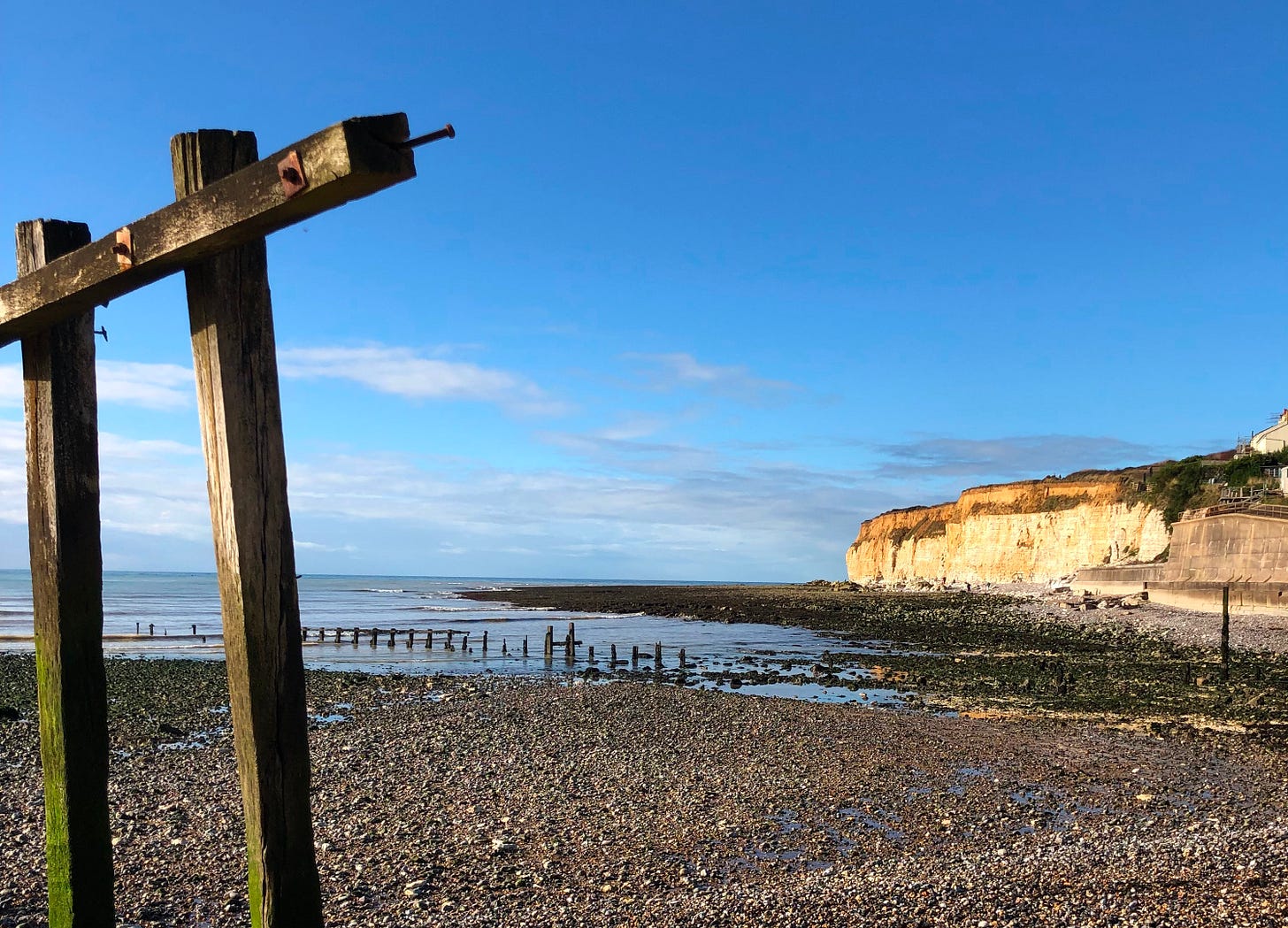
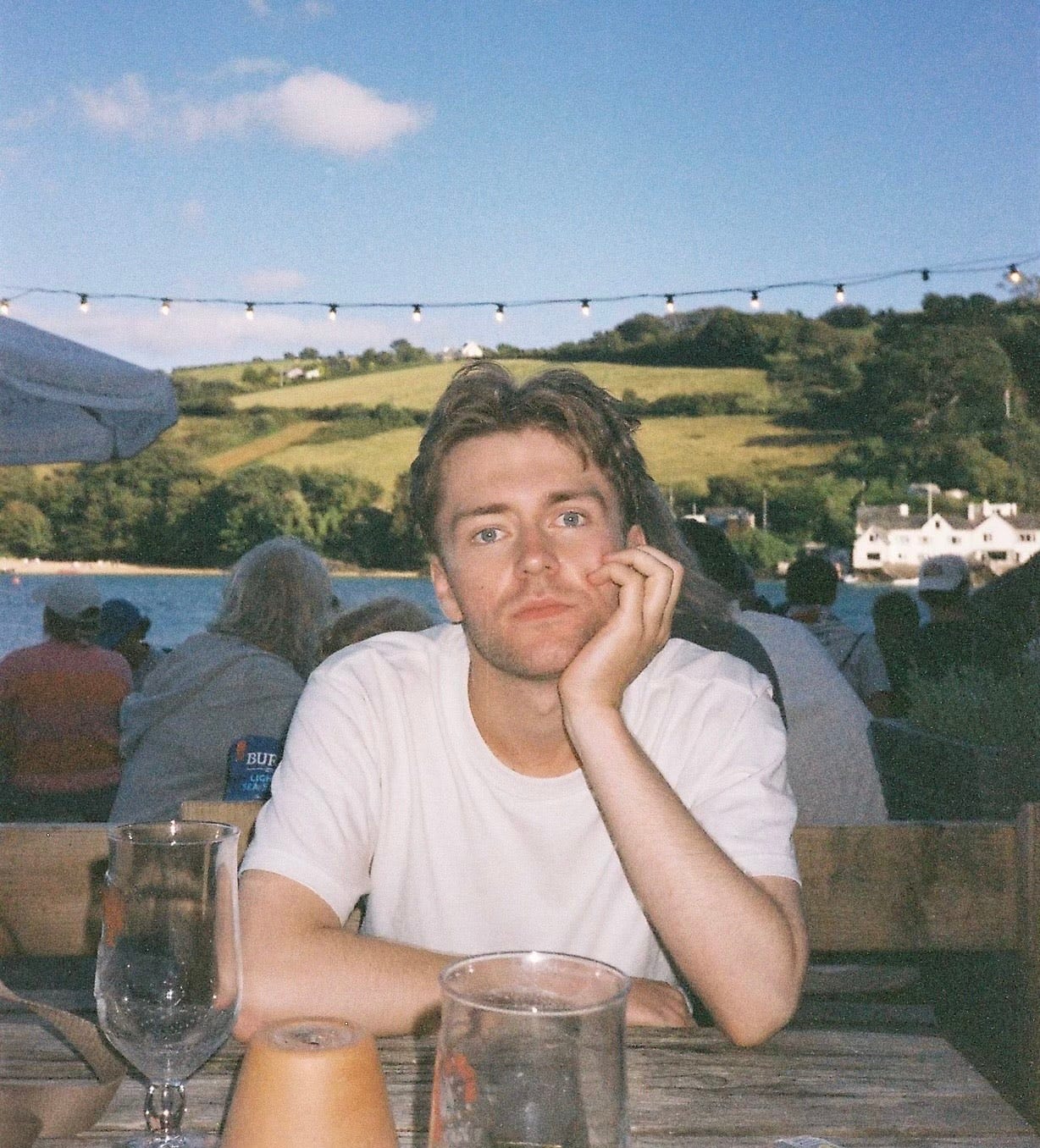
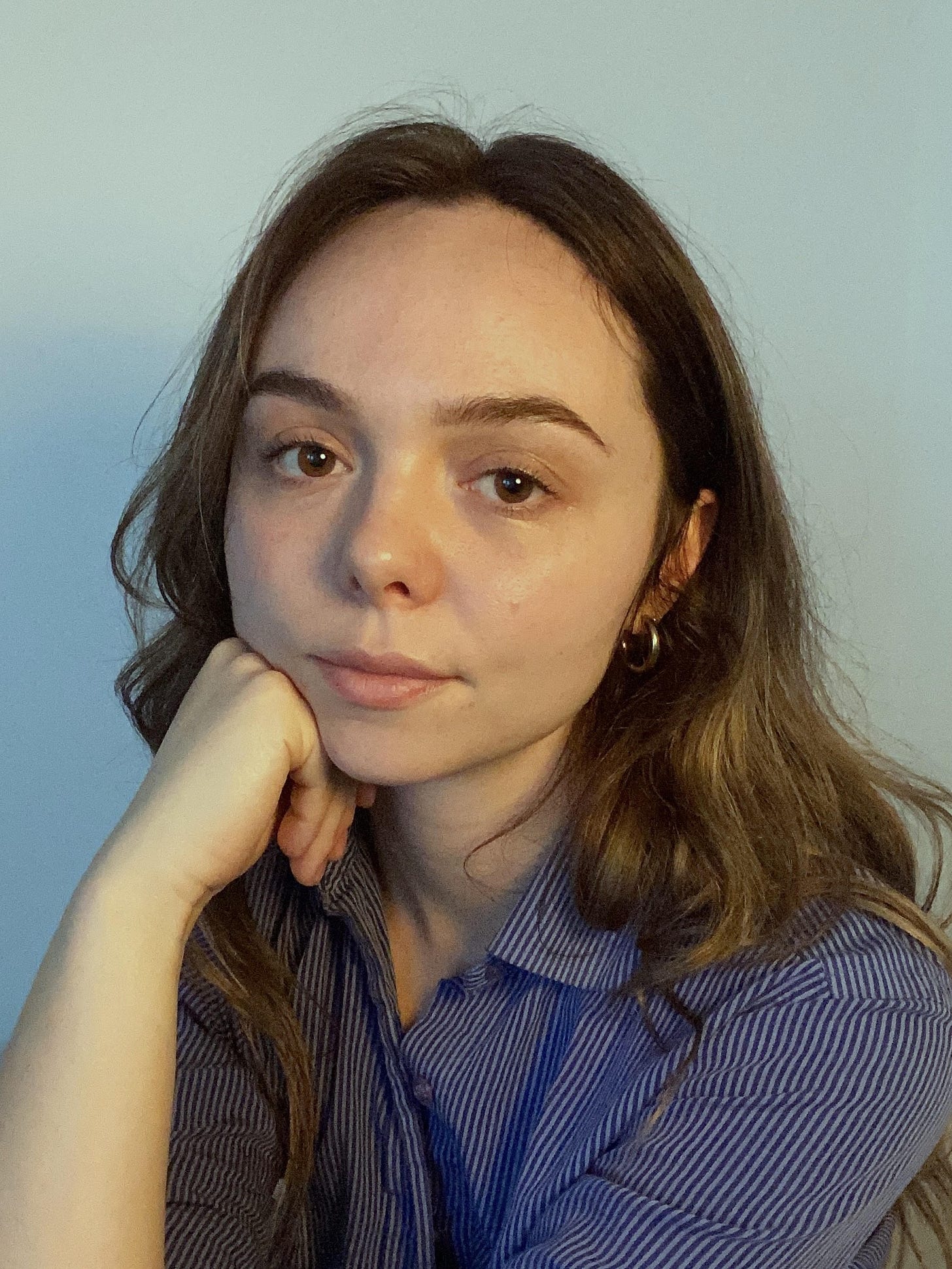
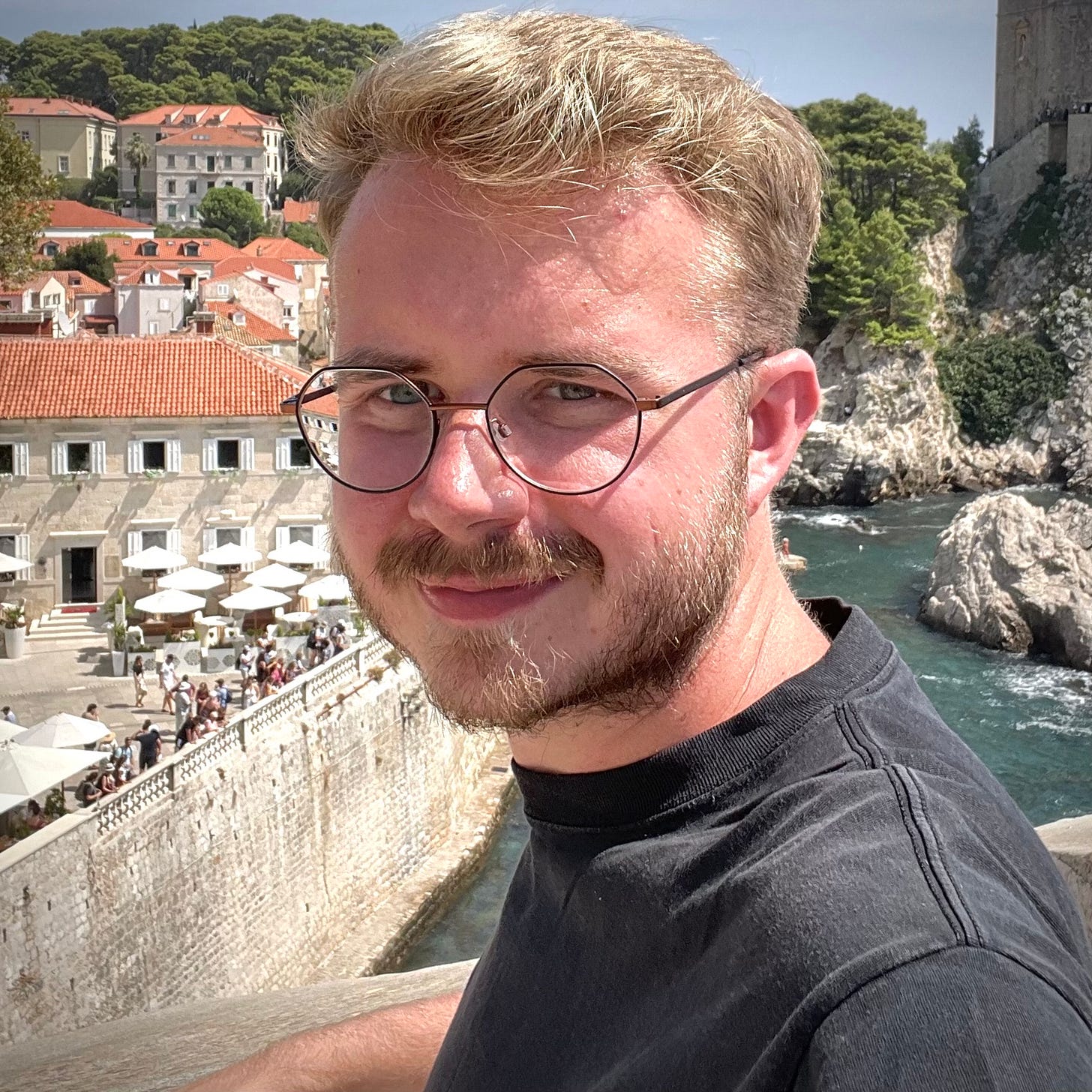
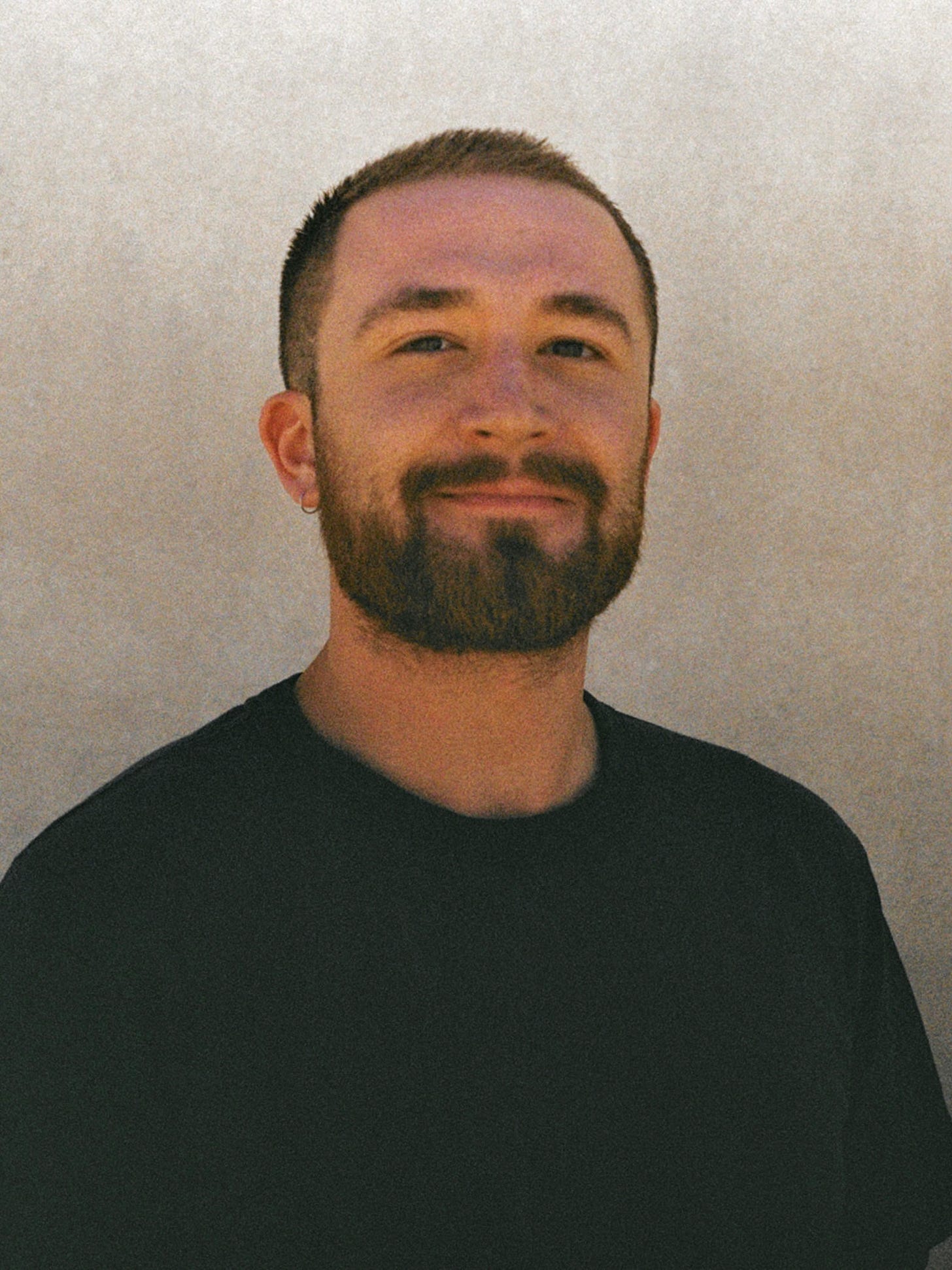
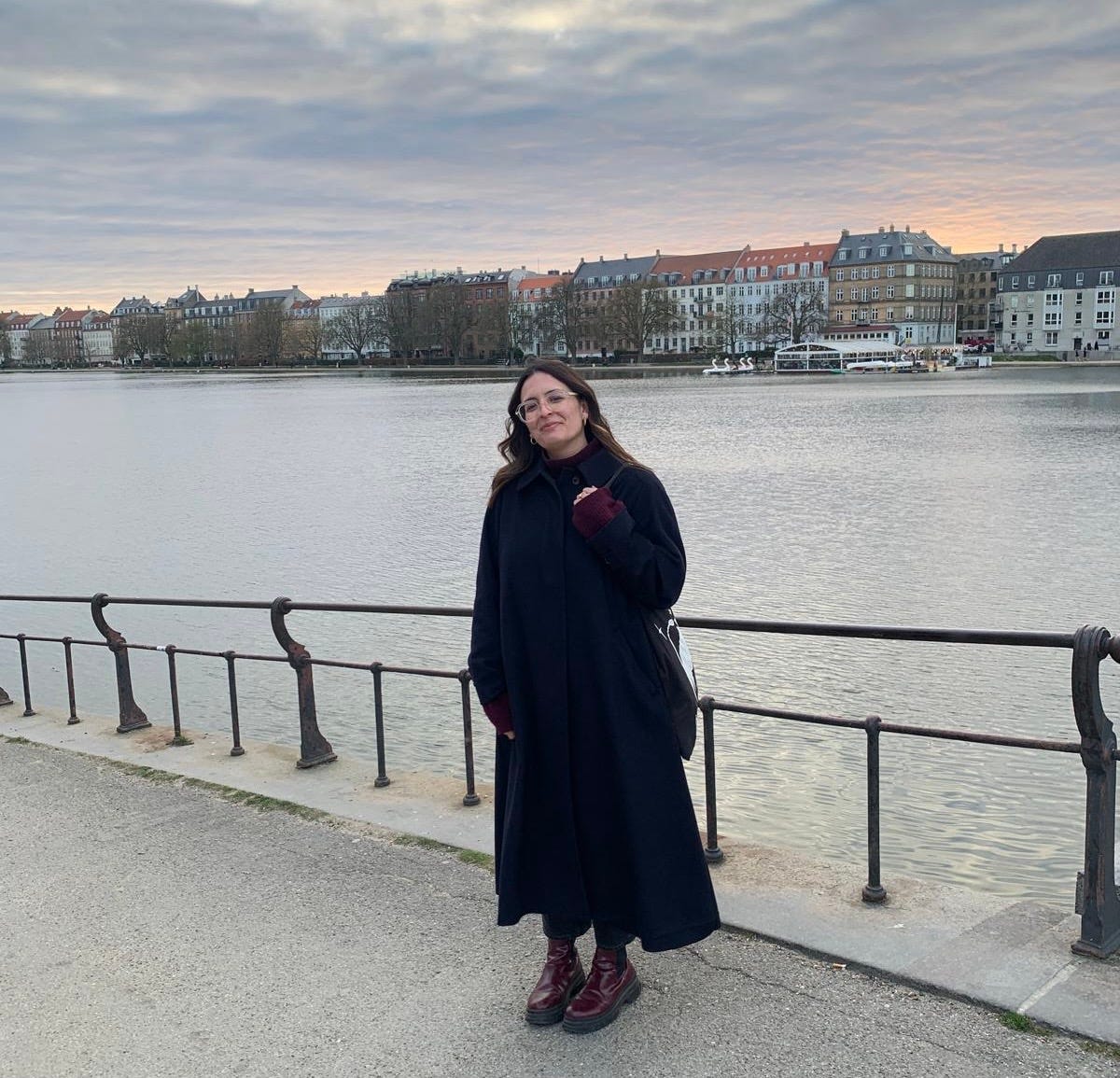
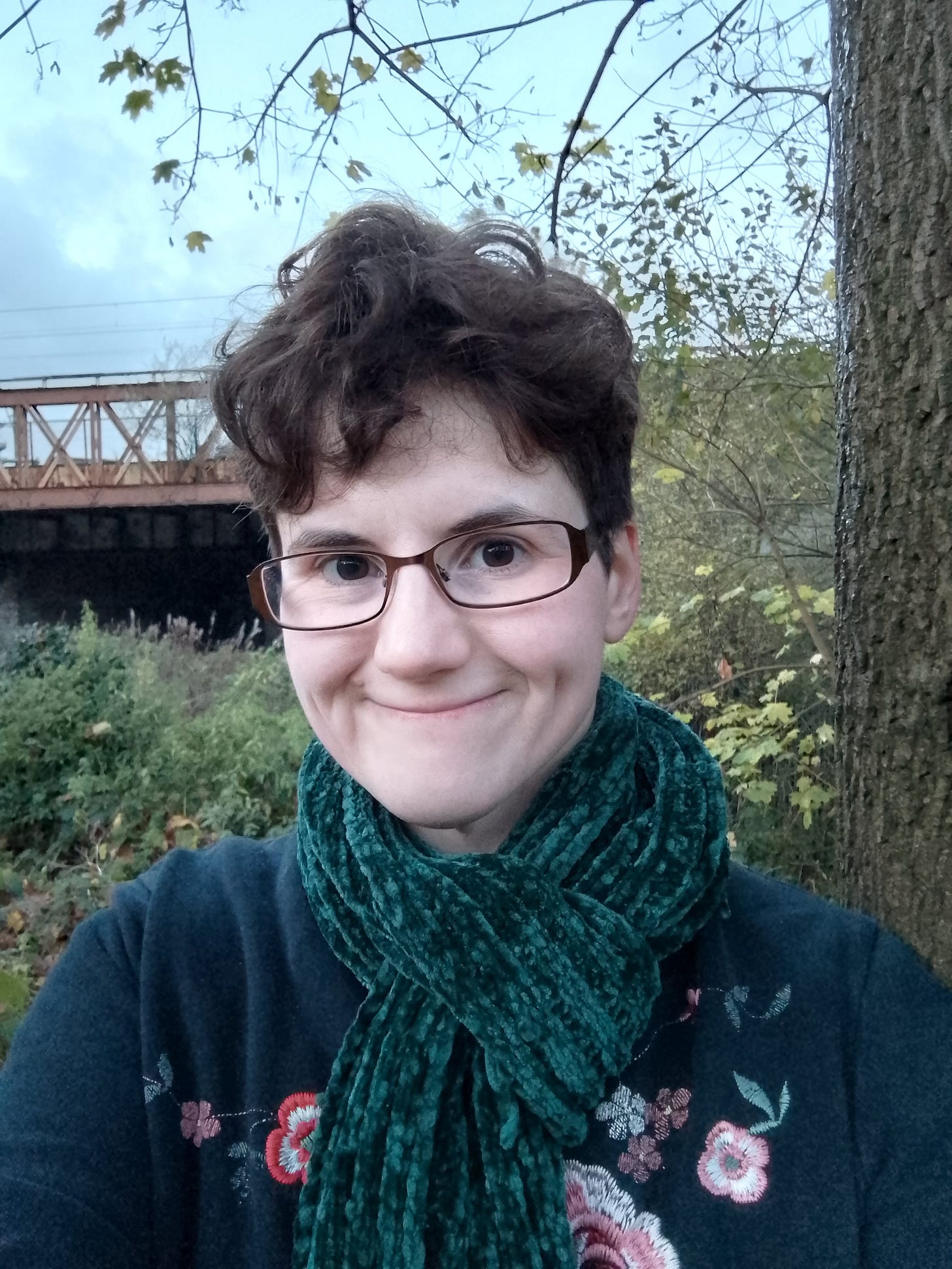
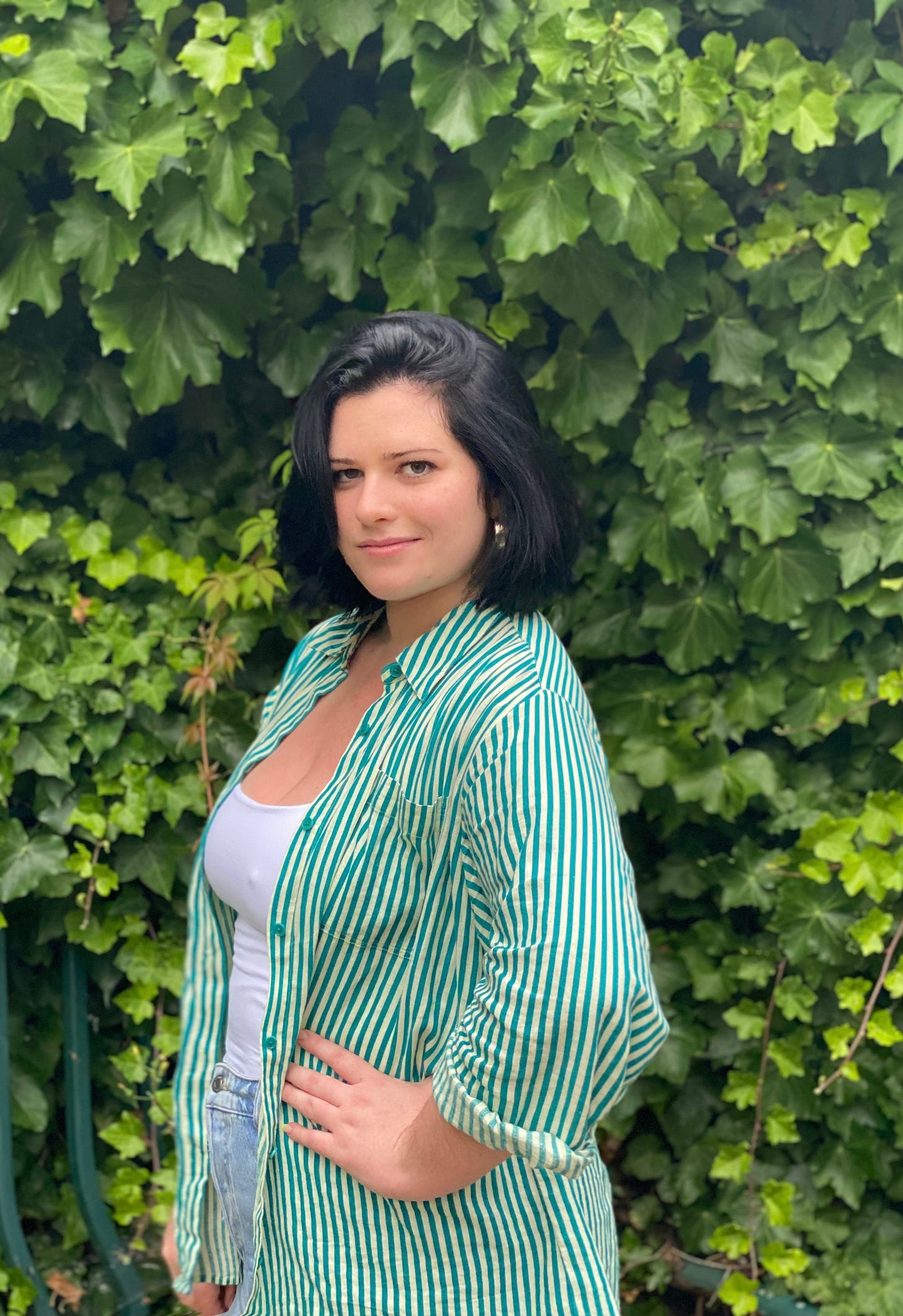
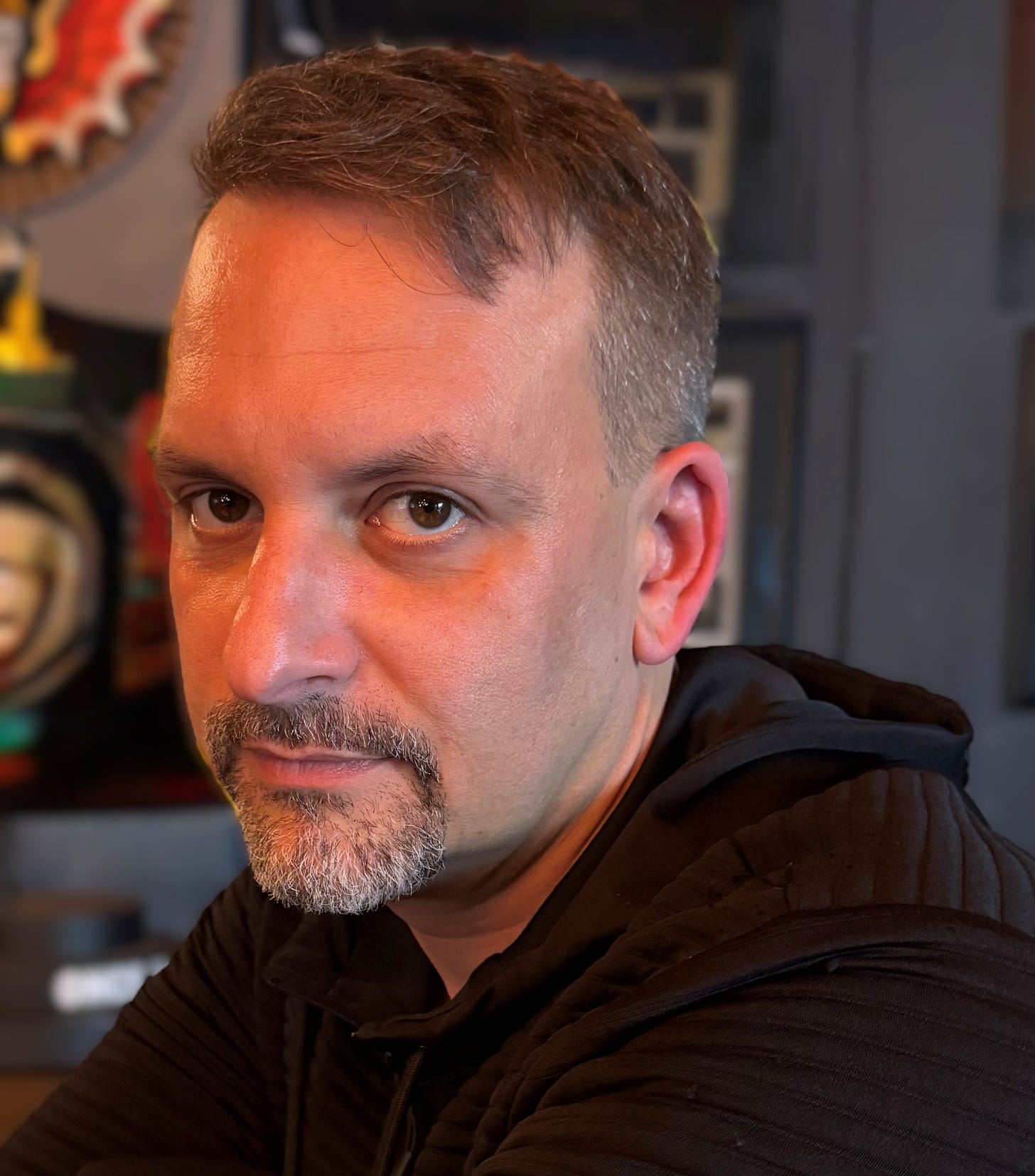
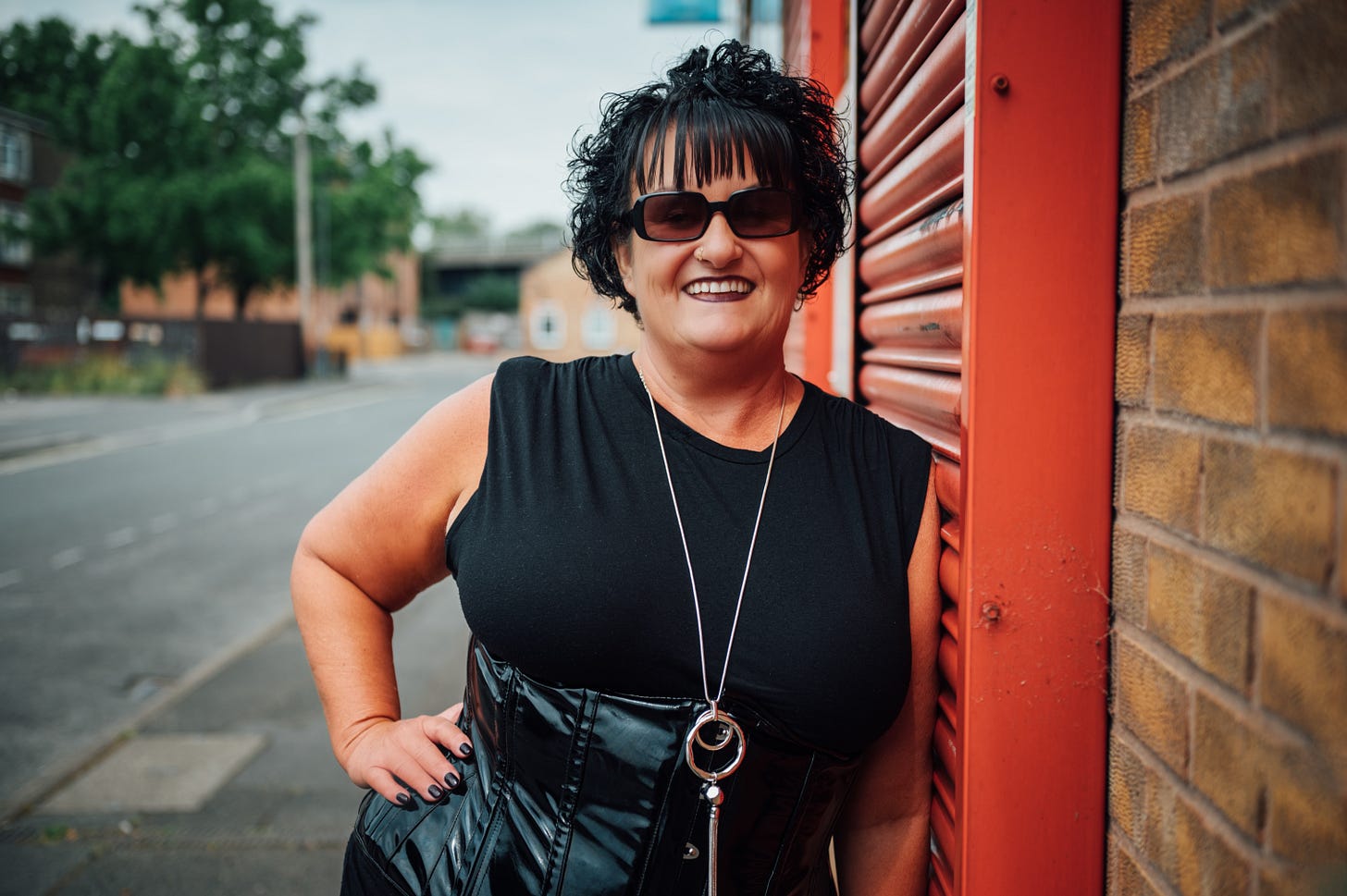

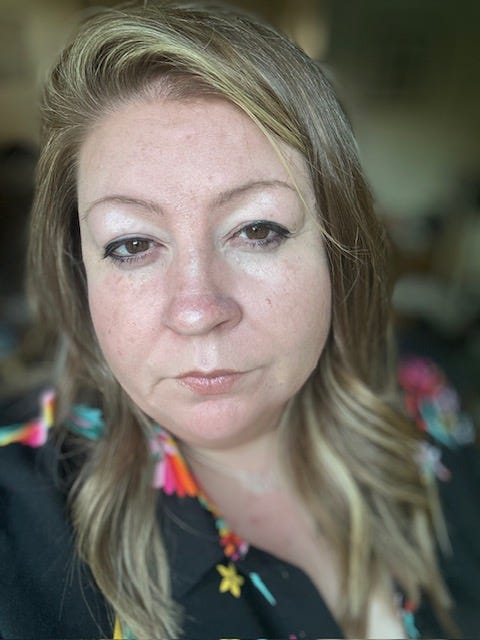

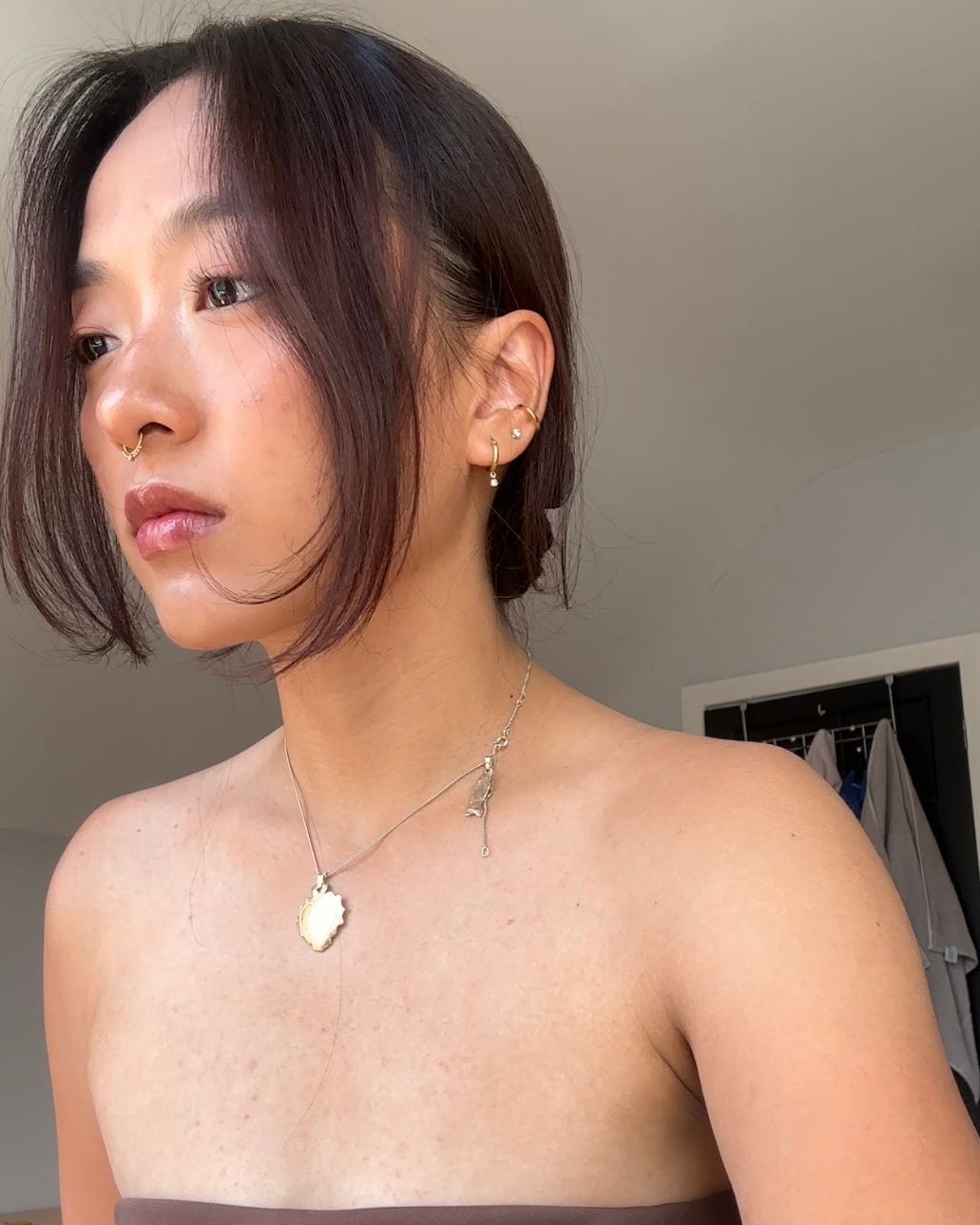
Fantastic issue once again. Congratulations all 👏💐